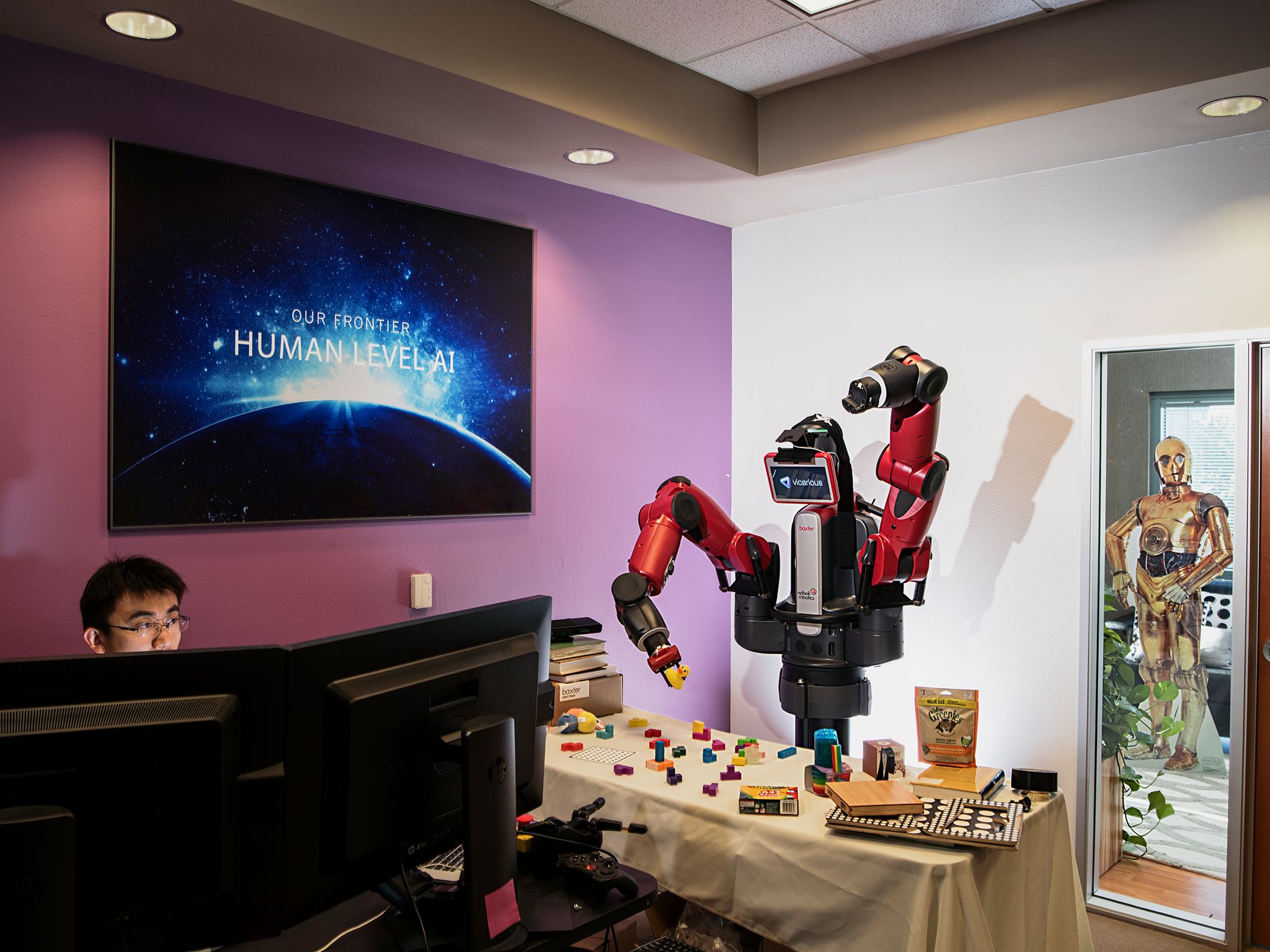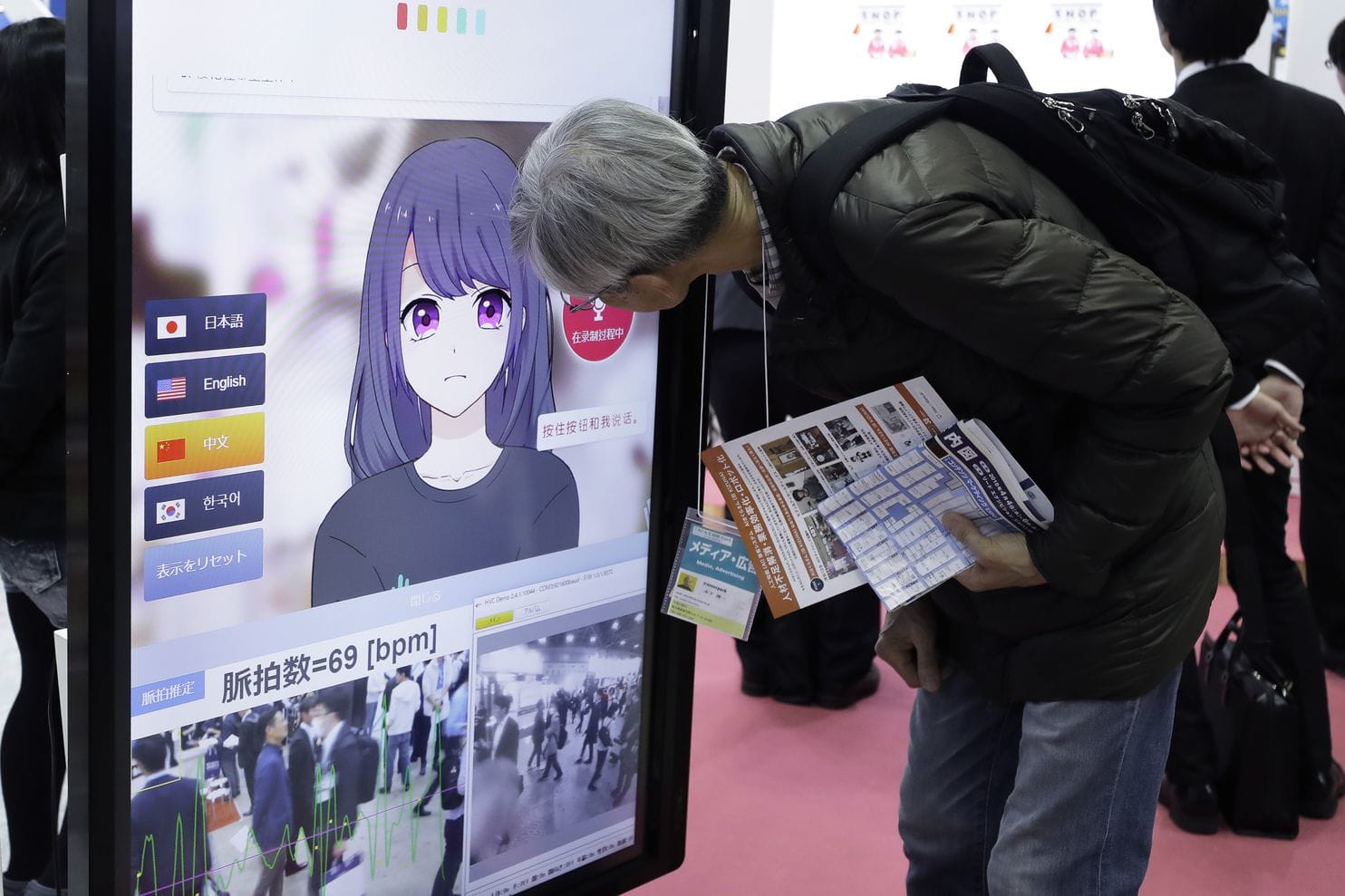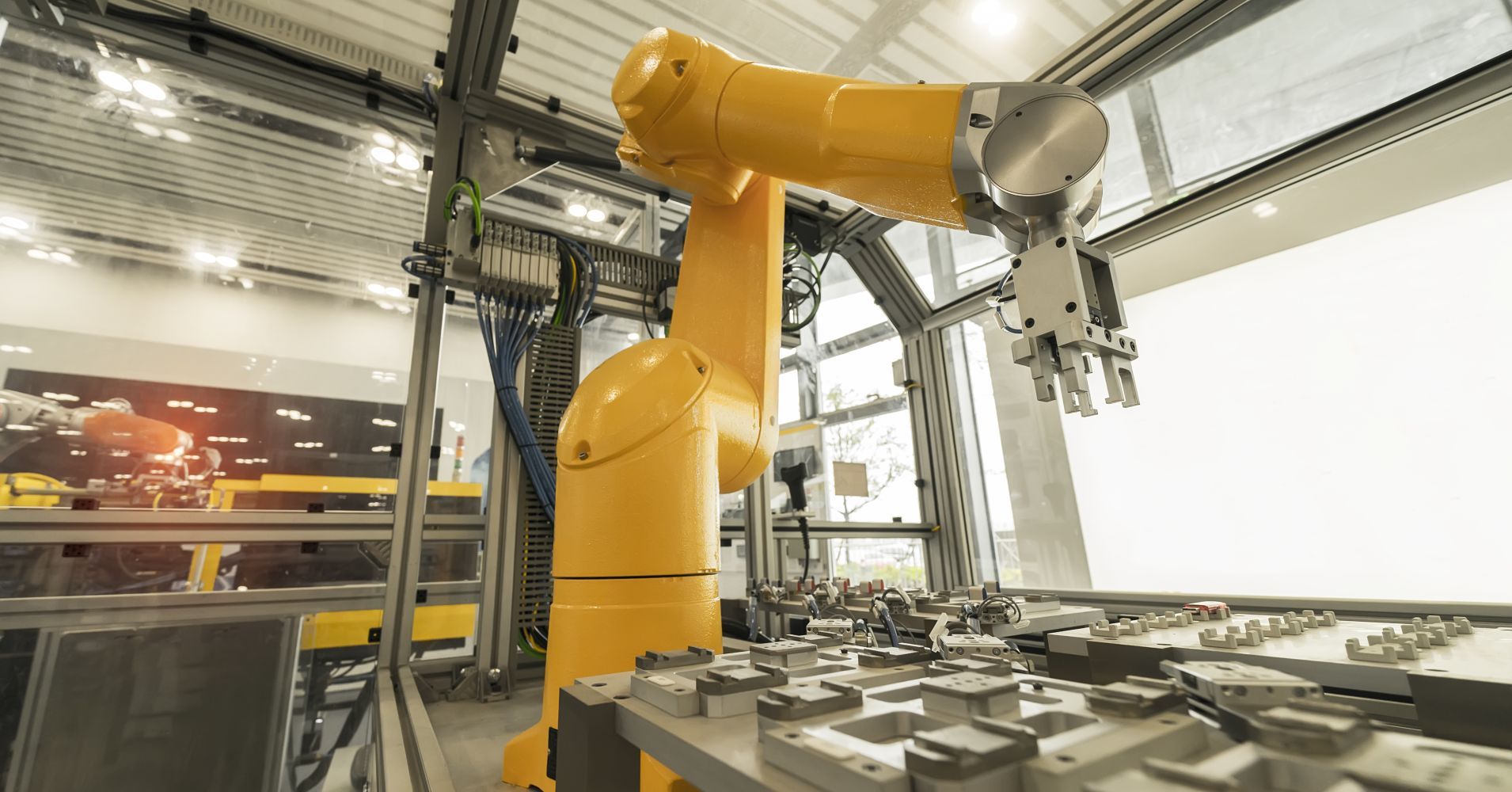Just where artificial intelligence is taking us, at what pace and along what trajectory, is uncertain. The technology, of course, is raising serious questions about its potential impact on jobs, privacy and politics.
The internet is a technology of low-cost communication and connection. Everything from email to e-commerce to social networks has hinged on the internet’s transformative role in changing the economics of communication. All those connections suddenly became both possible and cheap.
Artificial intelligence is a technology of low-cost prediction and discovery. It exploits the new resource of the digital age — vast amounts of data — to identify patterns and make predictions. Much of what A.I. does today can be thought of as a prediction. What product to recommend, what ad to show you, what image is in that picture, what move should the robot make next — all are automated predictions.








